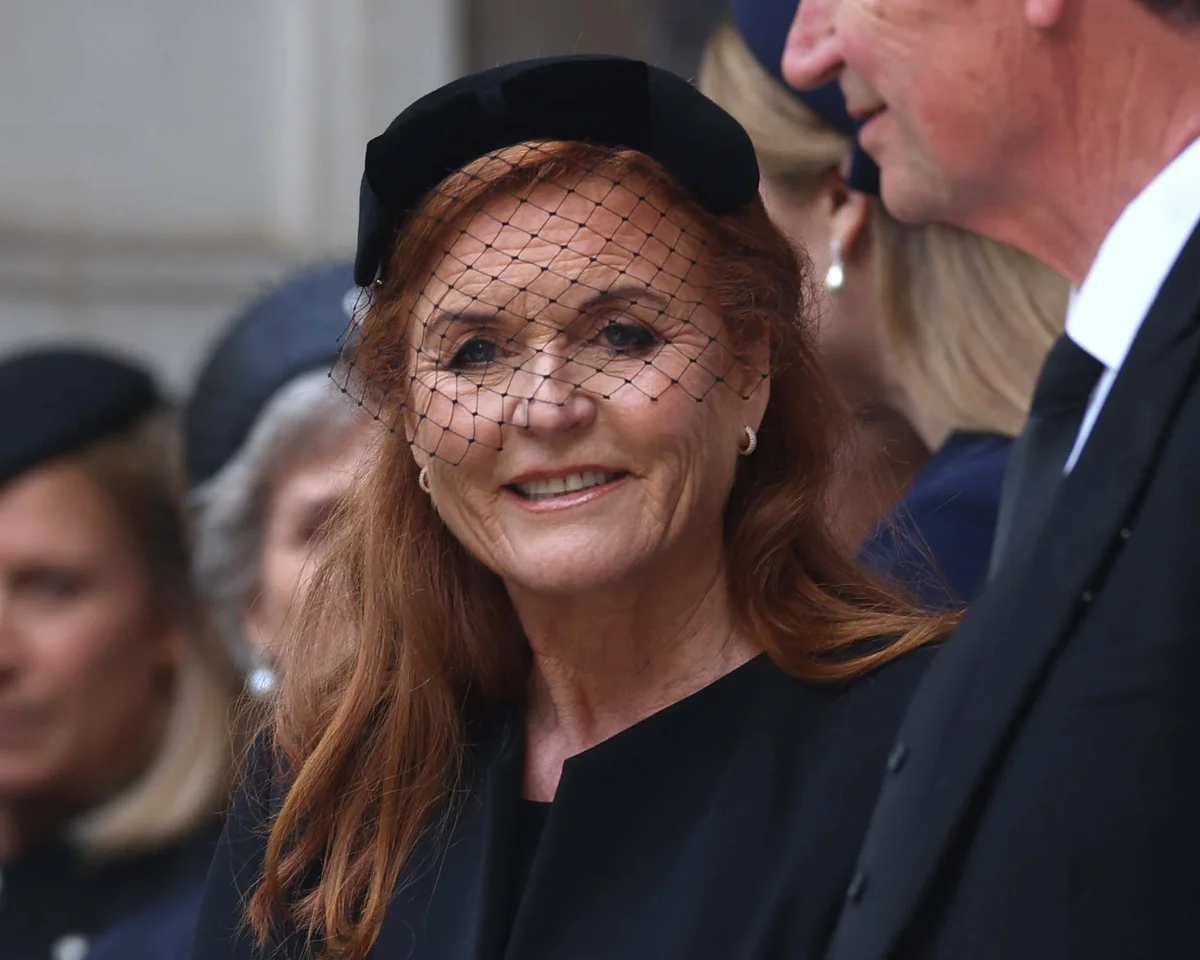New York, US: Sarah Ferguson, the Duchess of York, has spoken out regarding a resurfaced email addressed to Jeffrey Epstein, claiming that her communication with the late financier was not a gesture of warmth or support but a response to what she described as an “aggressive threat” directed toward her. The revelation has reignited public scrutiny over Epstein’s far-reaching network and the connections he maintained with members of Britain’s royal circle.
The Controversial Email
The email in question dates back more than a decade and resurfaced recently amid ongoing discussions about Epstein’s associates. In the message, Ferguson appeared to send thanks to Epstein, which drew criticism given his later conviction for sex offenses. However, in a fresh explanation, the Duchess contended that her words had been misunderstood and stripped of critical context.
According to Ferguson, her interaction with Epstein was not voluntary or amicable. She asserts that she felt pressured and that the phrasing of the email was a tactic to neutralize what she described as “intense intimidation” at the time. “It was not an expression of gratitude in the way it has been reported,” she clarified. “It was a reaction to a threatening situation, not a bond of friendship.”
Also Read
Epstein’s Shadow Over the Royals
Epstein, who died in 2019 while in prison awaiting trial on additional federal charges of sex trafficking, was known for cultivating a circle of wealthy and influential contacts, including high-profile figures in politics, business, and royalty. Prince Andrew, Ferguson’s former husband and father to their two daughters, has faced years of scrutiny regarding his association with Epstein.
The Duke of York eventually withdrew from royal duties following public backlash about his friendship with the disgraced financier, especially after a widely criticized interview in which he attempted to defend himself against allegations of misconduct. Ferguson’s latest statement adds another layer to the complex web of ties between Epstein and figures connected to the British monarchy.
Ferguson’s Perspective
The Duchess of York emphasized that her life following her divorce from Prince Andrew often involved encounters with personalities she did not entirely trust. She described feeling cornered during her interactions with Epstein and suggested she had little choice but to respond in a way that would deflect what she perceived as hostility.
She also underscored her regret that her name, and by extension her family, continues to be entangled with Epstein’s notoriety. “If I could turn back time, I would never have allowed myself to even be in the same orbit as that man,” Ferguson said in her remarks. She expressed sorrow that her daughters, Princess Beatrice and Princess Eugenie, still face fallout from events that happened during their parents’ more public years in the spotlight.
Ongoing Legal and Public Debate
The disclosure feeds into a broader debate about Epstein’s connections with influential figures worldwide. Many high-profile individuals have attempted to distance themselves from Epstein since his conviction and death, insisting their dealings with him were either minimal or entirely misinterpreted. With accusations still casting a long shadow over those who once crossed paths with him, efforts to clarify the nature of past associations remain under constant examination.
For Ferguson, the stakes are intensely personal. Her financial struggles over the years were widely reported, and rumors of her seeking financial help from Epstein have periodically resurfaced. While she has admitted to accepting money through intermediaries connected to Epstein, the Duchess maintains these were desperate efforts during her periods of debt rather than willful collaboration.
The Royal Connection and Public Trust
Public reaction to Ferguson’s explanation has been mixed. While some voices consider her statement a genuine clarification of events, others see it as an attempt to limit further reputational damage. For the monarchy, which continues to navigate controversies from multiple angles — including debates on transparency, privilege, and scandal — episodes like this deepen concerns over accountability among the royals’ extended circle.
Analysts note that Ferguson, long a figure of both fascination and tabloid criticism, has often been caught in the crossfire of royal tumult. Once dubbed “Fergie” by the press, she has alternated between periods of rehabilitation and renewed scandal. Her candid admission of being threatened adds a dramatic twist to the narrative, though skeptics question the timing of her disclosure in regard to public perception.
The Broader Implications
The story underscores how Epstein’s legacy continues to ripple across global institutions. From financial powerhouses to royal households, his name remains synonymous with secrecy, scandal, and unanswered questions. The fact that even years after his death a single email can spark global headlines reflects the degree to which the Epstein saga dominates public imagination and the collective desire to confront how influential figures handled their connections with him.
While Ferguson insists she has no deeper ties to Epstein beyond this interaction, her clarification will not likely put the matter to rest. The circumstances surrounding the late financier’s dealings remain among the most controversial topics of the past decade, leaving associates of all kinds scrambling to rewrite their histories with him.
FAQs
Why did Sarah Ferguson email Jeffrey Epstein?
She claims she sent the message in response to what she describes as an “aggressive threat,” not as a friendly or thankful gesture.
Was Sarah Ferguson financially involved with Epstein?
She has admitted to receiving payments through connections linked to Epstein during financial troubles, though she insists this was out of desperation rather than genuine association.
How is Epstein connected to the British royals?
Epstein had ties to Prince Andrew, who has been repeatedly scrutinized for his friendship with the financier and ultimately stepped back from royal duties.
How has public reaction been to Ferguson’s explanation?
Mixed. Some see her remarks as clarifying matters, while others view it as an attempt to protect her image amid renewed scrutiny.
What does this development mean for the royal family?
It revives uncomfortable questions about the royals’ judgment and associations, further complicating efforts to maintain public trust.












